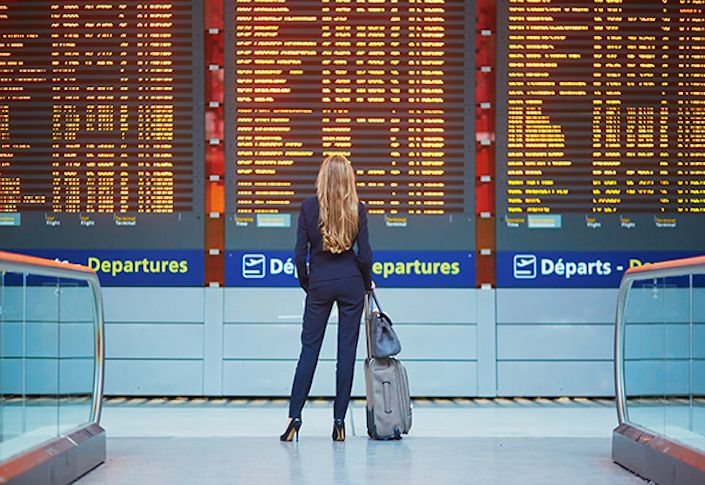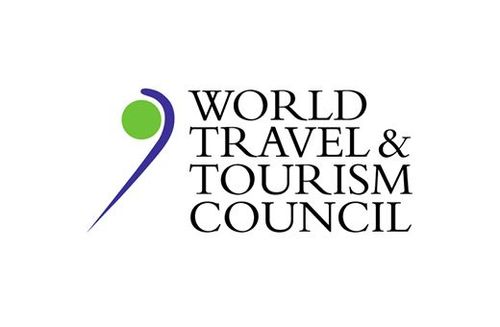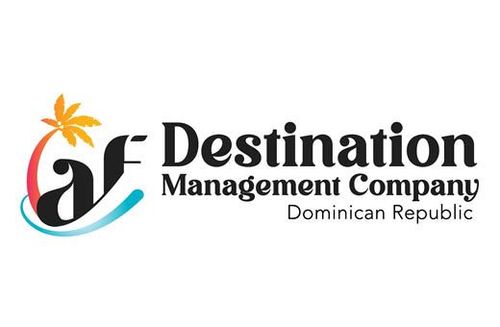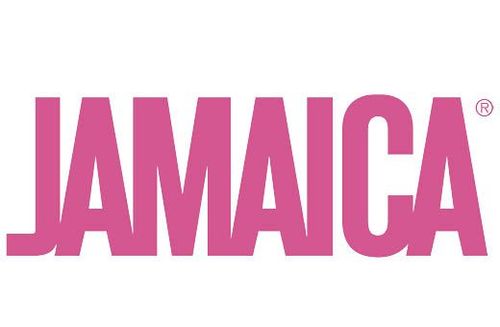Where travel agents earn, learn and save!
News / Approved vaccine inconsistency could delay the restart of international travel
The restart of international travel could be seriously delayed without worldwide reciprocal recognition of all approved COVID-19 vaccines

July 16 - The restart of international travel could be seriously delayed without worldwide reciprocal recognition of all approved COVID-19 vaccines, says the World Travel & Tourism Council (WTTC).
The global tourism body, which represents the global private Travel & Tourism sector, has issued its warning following concerns tourists face being turned away at the borders because countries don’t have a common list internationally recognized and approved COVID-19 vaccines.
This comes just days after a number of British holidaymakers, who had been administered the Indian Covishield batch of the Oxford/AstraZeneca vaccine, were rejected entry into Malta despite the drug being chemically identical to the UK-made vaccine.
Over the past few weeks reports of holidaymakers facing obstacles to entry have been on the rise, with some even being prevented from boarding their flights to destinations.
WTTC believes that once again, the lack of international coordination to agree on a list of approved vaccines, is creating yet another major stumbling block for the restart of international travel.
This comes despite most vaccines have secured the approval of the World Health Organization (WHO) or Stringent Regulatory Authorities (SRAs), such as the UK’s the Medicines and Healthcare products Regulatory Agency (MHRA) and the Food and Drug Administration in the US, and the European Medicines Agency (EMA).
Reports of travellers being turned away because they have the ‘wrong’ vaccine batches or ‘unrecognised’ vaccines have fueled concern from consumers, deterring them from booking and thereby damaging the already struggling Travel & Tourism sector.
The plea for reciprocal recognition for all vaccines and vaccine batches forms part of WTTC’s four new guidelines which are aimed at safely resuming international mobility and save the millions of jobs and livelihoods which depend on this sector, while kick-starting the global economic recovery.
WTTC says the restoration of safe international travel can be achieved by following its four guidelines.
Through a combination of COVID-19 testing, vaccination, digital health travel passes and the use of health and safety protocols, such as wearing face masks, safe international mobility can resume while at the same time saving millions of jobs and livelihoods which depend on the sector and kick-starting the global economic recovery.
WTTC’s fundamental guidelines to restore international mobility while safeguarding public health include:
1. Appropriately reduced protocols for vaccinated travellers, including no need for testing or quarantine for those fully vaccinated. Global recognition for international travel of all vaccines authorized for use and deemed safe and effective by the WHO or by the WHO recognized SRAs.-
A data driven, risk-based and internationally harmonized approach to re-establishing freedom of movement, that is consistent across countries, easy to communicate and clearly understood by travellers.
-
Global adoption of ‘digital health passes’ which enable travellers to easily obtain and verify their vaccination status, negative COVID test result or natural immunity from a previous infection. These must work with existing border control and travel operator systems accepted by all countries. Digital verification of a traveller’s COVID status prior to travel will avoid lengthy and unsafe queues in transport hubs and terminals.
-
Continued implementation of high-quality health and safety standards throughout all areas of the Travel & Tourism sector, including continued adoption of the WTTC’s Safe Travel Protocols and Safe Travel Stamp, with the continued wearing of face masks in crowded and enclosed areas as well as on all forms of public transport.
WTTC advocates the full implementation of these proportionate and responsible guidelines for travel during over the next few months, as many travel restrictions begin being eased as major travel markets begin to reopen.
This is against the backdrop of a successful vaccination roll out, with a subsequent decrease in deaths, cases, and hospitalizations in many countries. However, variants will continue to be cause of concern as the world struggles to emerge from the effects of the pandemic.
More Travel News:
U.S. Travel reacts to Biden remark on lifting int’l travel ban to U.S.
Skift and CTO to host webinar on recovery of Caribbean sector, global trends
European aviation. International travel restrictions ease; more needed
IATA calls on states to follow WHO guidance on cross-border travel











